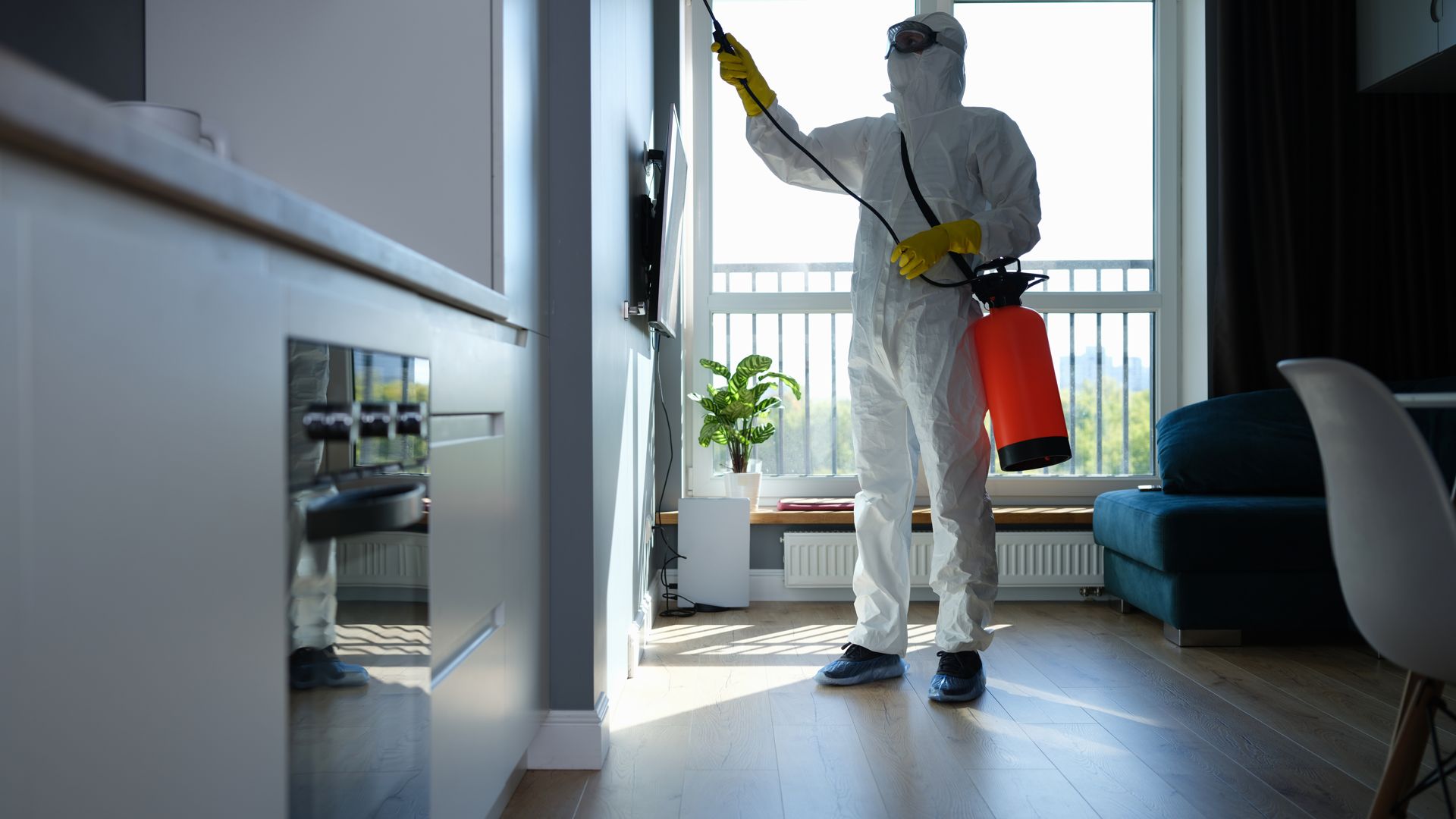
Guide To Keeping Rodents Out Of Your Lewisville Home All Year Long
When mice and rats get into Lewisville homes, they can present a threat. Rodents chew holes to get in. They chew holes to gain access to food storage areas. They chew holes in stored furniture and boxes, and they damage stored items. They tear up wallpaper, insulation, sheetrock, and other building materials as they build their nests. They chew holes in food packages. But the ability and propensity rodents have for chewing on everything is only the beginning of the dangers they present when they get in. They spread fleas, ticks, lice, mites, and parasitic worms. They contaminate areas with their feces and urine. They transmit human pathogens and are mechanical vectors for harmful bacteria such as E. coli and Salmonella. We could go on but, hopefully, you get the point. It is not a good idea to leave a rodent infestation untreated. That is why we've put together this guide to keeping rodents out.
Identification
There are several common rodents in Texas and each has its own set of behaviors. Knowing how they behave can help with detection and control.
- Norway rats are prone to enter through low points on your home because these are rodents that burrow in the ground.
- Roof rats tend to get in through high locations because they are great climbers.
- House mice only need a hole the size of a dime to get into your home. If you see a quarter-sized hole, you probably have a rat problem.
- Field mice, also called meadow voles, will create runways in your grass, eat the bark off the bottoms of your trees, and dig holes in your yard. These mice prefer to live in barns and garages. They rarely get into homes.
Mice and rats rarely infest a home at the same time. Rats prey on mice. Therefore, you'll only have one or the other; rarely will you have both.
Clutter
Many species of rodents are drawn to clutter both inside and outside of a home. They burrow under it. They hide in it. And they nest in it. Removing clutter from your yard can reduce rodent activity and organizing clutter in your home can make it harder for rodents to explore.
Yard Clutter — Many things can be considered clutter. It may be an old automobile stored in the backyard. It could be a stack of construction materials. It might be garden supplies, discarded toys, or plastic bins. An orderly yard with space between objects is far less inviting to a rodent.
Interior Clutter — Rodents do not prefer to be in open spaces. If you have clear floors, rodents will stay near your walls. But a room that has items on the floor will make exploration much easier for a rodent. If you have clothing on your floor, these can be contaminated as rodents hide in them. Cleaning up clutter can help protect you and everyone in your home from illnesses spread by rodents and also from parasites spread by rodents, such as fleas, ticks, lice, and mites.


Why Choose Adams Exterminating?
-
Trained Entomologists & Service TechniciansOur team brings a deep understanding of insect biology and behavior to create targeted pest control strategies. We're equipped with the latest techniques and technologies to effectively eliminate pests.
-
Customized Plans for Every BudgetRecognizing that each space is different, we customize pest control services for every home or business. Our approach involves targeted solutions, addressing specific needs for your environment.
-
Trusted in the Community Since 1947With a legacy dating back to 1947, our pest control company brings decades of experience with a proven track record to keep your space critter-free.
-
Locally Owned & OperatedAs a locally owned business with offices in both Denton and Lewisville, we are rooted in the community and dedicated to serving our neighbors with personalized service.


